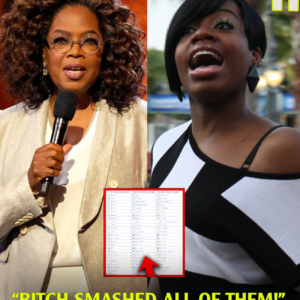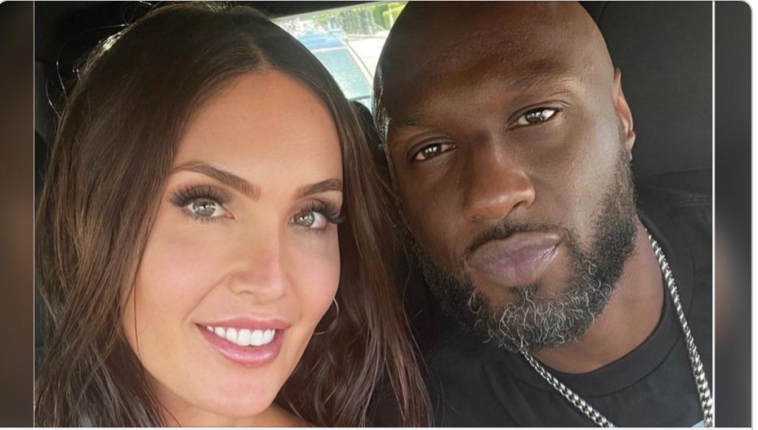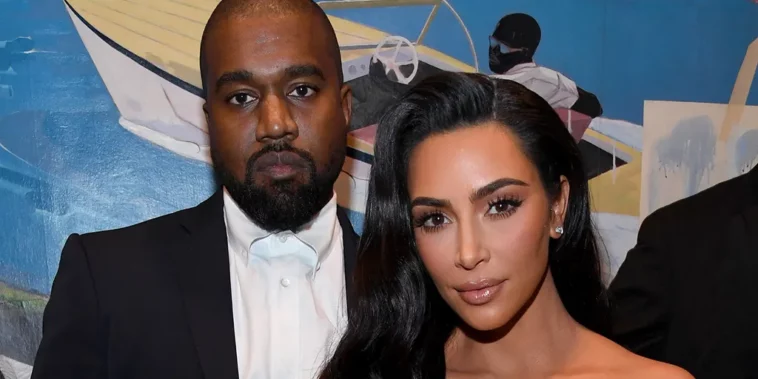JUST NOW: Fantasia Barrino Confirms Oprah SMA$HED Artists In Her IG Live

Fantasia Barrino on Authenticity and Struggles in Hollywood: A Candid Reflection.
Fantasia Barrino, the multifaceted artist known for her powerful vocals and raw honesty, recently opened up about her journey in the entertainment industry, shedding light on the personal and professional challenges she has faced.
In a revealing conversation, she shared her commitment to authenticity and the pressures of conformity in Hollywood.
Barrino began by stating, “I never did anything they told me I should do,” emphasizing her desire to stay true to herself and her faith.

She recalled moments of feeling overlooked and unappreciated, yet drew strength from her grandmother’s wisdom, reminding her that “what is the profit a man to gain the whole world but lose his soul.” This perspective has kept her grounded amid the industry’s often harsh realities.
The artist was particularly candid about her reluctance to return to Broadway, where she played the role of Celie in “The Color Purple.”
“I did not want to walk back in this,” she confessed, indicating the emotional weight of the role and the expectations that came with it.
Barrino also expressed her frustrations with prominent figures in Hollywood, notably Oprah Winfrey, whom she accused of mistreating Black women, including herself.
The dynamics of power within the entertainment industry were another focal point of her discussion.
Barrino described how everyone around her seemed to be capitalizing on her talent, leaving her feeling drained and exploited.
“I would get home and couldn’t even order a pizza,” she lamented, revealing the stark contrast between her public success and personal struggles.
Barrino’s resilience is apparent as she strives to be a voice for those who feel marginalized. “I wanted to stand for every Black girl, every woman who felt like they were looked over,” she stated, highlighting her determination to uplift others.

Her role as Celie was not just a performance; it was a personal mission to advocate for recognition and respect in an industry that often sidelines marginalized voices.
Despite her criticisms of the industry, Barrino also acknowledged the power of storytelling.
She believes that narratives, especially those involving struggles and healing, can foster understanding and connection among people.
“The more people see it, the more they will be healed,” she asserted, indicating her hope that authentic representation will encourage dialogue and reconciliation.
Fantasia’s defense of her peers, including fellow actress Taraji P. Henson, brought attention to the persistent pay disparities faced by Black actresses.
During an interview, Henson expressed her frustration with being undervalued throughout her career, a sentiment Barrino echoed as she emphasized the need for equitable treatment and recognition.
:max_bytes(150000):strip_icc():focal(754x278:756x280):format(webp)/oprah-winfrey-the-color-purple-premiere-120723-1-34e8c167218c4516a24703e0f1ac13e0.jpg)
The conversation surrounding Oprah Winfrey’s influence and her alleged practice of “cancelling” artists has sparked significant debate.
Critics argue that her power can dictate careers and reputations, a sentiment Barrino seems to share. She urged for transparency and fairness in the industry, advocating for a system where talent is recognized and celebrated rather than exploited.
As the discussion shifted to the complexities of fame and responsibility in Hollywood, Barrino reflected on the necessity of accountability among powerful figures.
She urged that artists and industry leaders should be held responsible for their actions, emphasizing that true change requires confronting uncomfortable truths.
In the end, Fantasia Barrino stands as a beacon of resilience and authenticity. Her journey serves as a reminder that while the entertainment industry may be fraught with challenges, the pursuit of truth and representation is a powerful catalyst for change.
As she continues to navigate her path, her voice resonates not only as an artist but as an advocate for those who feel unseen and unheard in a world that often prioritizes spectacle over substance.





